Poland's decision was a surprise and unpredictable one, coming just months after tensions erupted over a temporary ban on Ukrainian grain imports to several European Union countries.
The decision also fits into a series of increasingly anti-Kyiv actions by the Polish government .
The decision will also have a major impact on Ukraine's efforts to push Russian forces back from the south of the country.
Polish Statement
“We will stop sending weapons to Ukraine because we currently need them for our army,” Polish Prime Minister Mateusz Morawiecki said in a statement posted on social media on Wednesday.
In a television interview, Morawiecki said Poland would focus on supplying “the most modern weapons” for domestic purposes. “If we want to defend our homeland, we need to have the tools to do that,” he said.
This is a major change in Polish policy. In the spring, Poland became the first NATO member country to provide fighter jets to Ukraine, months before the United States made a similar decision, providing F-16s last month.
Poland has also donated more than 200 Soviet-era tanks to Ukraine, and much of the Western military hardware that reaches Ukraine comes through Poland.
Polish government spokesman Piotr Muller said on Thursday that Poland would only continue to supply ammunition and weapons to Kyiv in accordance with commitments made before Warsaw decided to stop aid.
Mr. Muller stressed that Ukraine had made a series of “unacceptable statements and diplomatic gestures” and “Poland will not accept these unreasonable actions.”
Ukraine took some steps to calm the situation on Thursday. Kyiv’s agriculture minister said he had spoken to his Polish counterpart and issued a statement saying the two countries “discussed the situation, Ukraine’s proposals for a solution and agreed to find a mutually beneficial solution.”
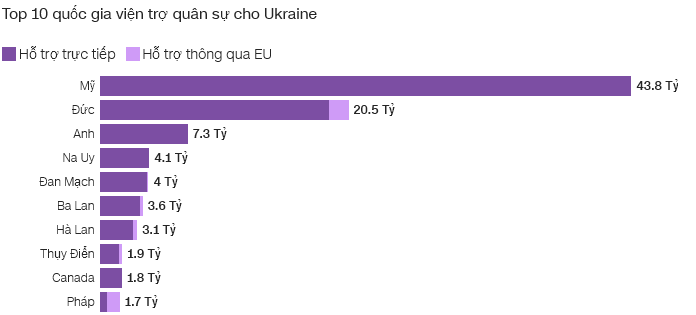
The Slovak Ministry of Agriculture said the Ukrainian government has also agreed to set up a grain exchange system with Slovakia that would allow the ban on Ukrainian grain imports to be nullified.
Origin of the incident
Pressure has been mounting for months after several EU countries imposed bans on Ukrainian grain imports, aimed at protecting domestic farmers amid fears the market was being destabilized by cheap Ukrainian grain.
The EU announced plans to end the bans last week, but three countries – Poland, Hungary and Slovakia – said they would go against the decision and continue with the bans. The decision by the three countries was met with protests from Ukraine, which filed a lawsuit against the three countries this week.
Ukraine, a country long considered the “breadbasket of Europe” because of the huge amount of grain it produces, has been blockaded by Russia on the Black Sea.
Fearing that the situation would “threaten global food security,” the European Commission introduced “solidarity measures” in May to help Ukraine export grain and temporarily remove all tariffs and quotas on Ukrainian exports, allowing large quantities of cheap Ukrainian grain to be shipped to Europe.
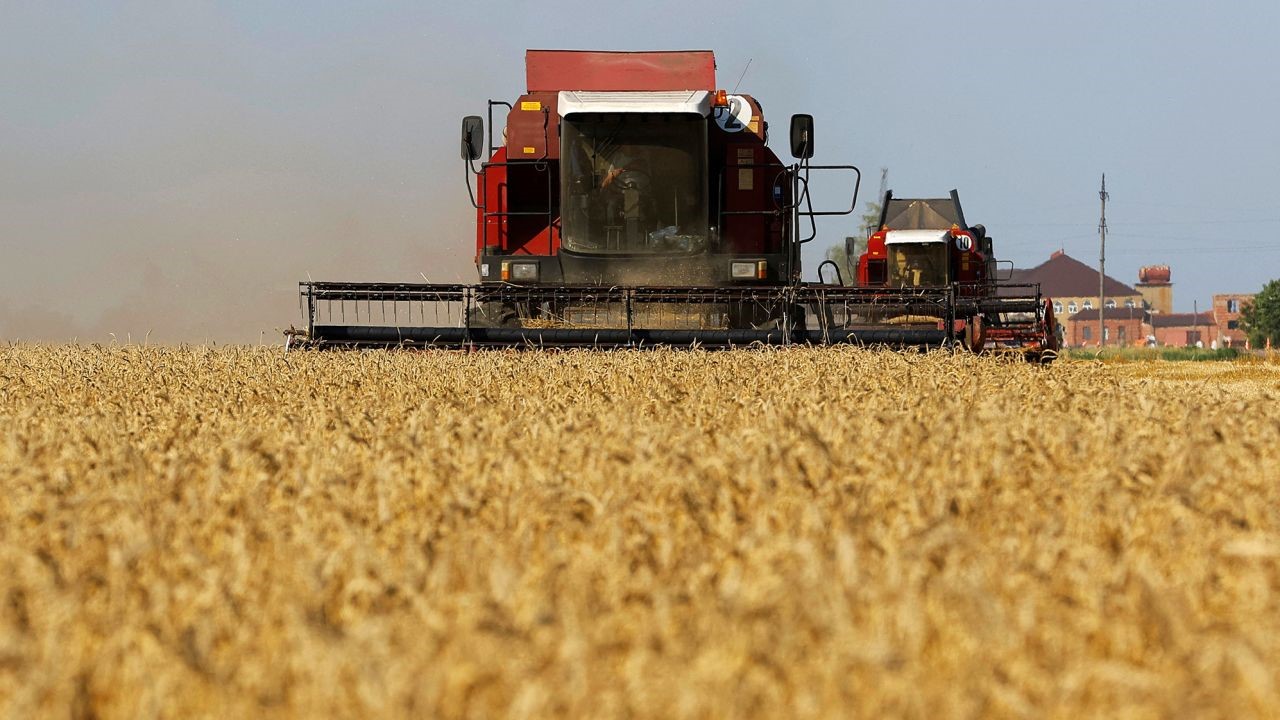
Photo: Alexander Ermochenko/Reuters.
The situation calmed down somewhat after farmers in Poland protested the decision. However, the issues have recently resurfaced after the three countries decided to ignore the decision to lift the ban.
To criticize these three countries, before the United Nations General Assembly in New York, Ukrainian President Volodymyr Zelensky said: "It is worrying that some of our European friends are using the current situation as a political tool, exaggerating grain problems."
He also said that the countries involved “may appear to be acting on their own will, but in reality they are playing the cards of an agent of the Moscow government.” His remarks were immediately condemned by Poland, whose Foreign Ministry summoned the Ukrainian ambassador to send a message of “strong protest.”
The general election is approaching.
Poland's initial response to the conflict in Ukraine has won the country rare goodwill across Europe, placing it at the centre of Western responses to Russia's campaign.
Poland has taken in 1.5 million refugees from Ukraine and allowed 15 million to cross its border to escape the conflict. The two countries have been suspicious of Moscow for decades, and Warsaw has warned for years about the downsides of buying energy from Russia, statements that helped strengthen ties in the early stages of the conflict.
However, tensions have been escalating for months and the upcoming general election has only exacerbated them.
Poland's ruling Law and Justice (PiS) party is preparing for a vote on October 15, and polls suggest it could lose its parliamentary majority. The party is particularly losing support in remote areas of eastern Poland, where agriculture is a key economic sector.
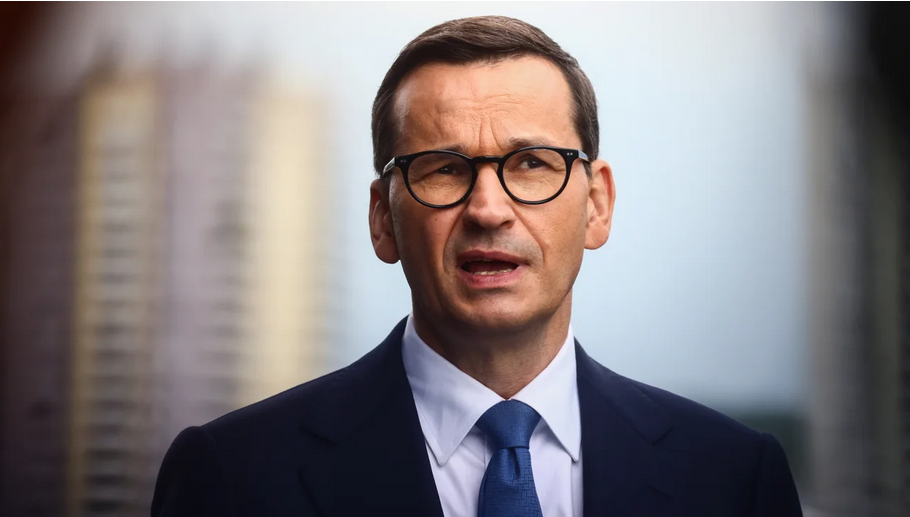
Photo: Beata Zawrzel/NurPhoto/Getty Images
PiS lost a large chunk of its voters to the League, a far-right party that opposed Warsaw's spending on military aid to Kyiv and complained that, to the government, Ukraine's troubles were more important than those of the Poles.
In response to this view, PiS has gradually reduced its support for Kyiv in recent months. In August, Warsaw summoned Ukraine’s ambassador to Poland after a Polish foreign policy adviser accused Kyiv of being ungrateful for Polish support for its grain exports.
Impact on the war
If a solution is not reached, Kyiv risks the risk that Poland's decision to halt aid will ripple across Europe.
Warsaw has been among the most proactive in supporting Ukraine since the conflict began, and has shown a willingness to call on the United States and other European countries to join the effort.
In January, when Germany was still hesitant about making a decision to supply Leopard 2s to Kyiv soldiers, Poland took the initiative to form a coalition of European countries to help Berlin make this decision.
For days, Polish officials have spoken publicly and privately about their desire to put high-tech combat vehicles on the front lines and have insisted that the decision will be made whether or not their allies follow suit.
Kyiv and its allies should be concerned about Poland’s new stance, which could put less pressure on reluctant European countries to provide aid.
The urgency of the conflict for Poland has also slipped somewhat over the past year. Poles have long warned the international community that their country is in Russia’s crosshairs, and Moscow’s military campaign has raised fears that Poland could become a future target.
But as the war in eastern Ukraine stagnates, the chances of Russian President Vladimir Putin ordering an attack on a NATO member like Poland become slim.
Ukraine’s current counteroffensive has the benefit of Western aid, but Kyiv continues to call for more aid to stay in a long-term conflict. And as things stand, Kyiv will have to worry about the possibility of Poland’s decision leading to a domino effect that could affect future aid packages.
Nguyen Quang Minh (according to CNN)
Source



![[Photo] National Conference "100 years of Vietnamese Revolutionary Press accompanying the glorious cause of the Party and the nation"](https://vphoto.vietnam.vn/thumb/1200x675/vietnam/resource/IMAGE/2025/5/30/1cf6cd5c8a934ebfa347028dcb08358c)
![[Photo] Journalists moved to tears at the Memorial Service for the soldiers who died in Gac Ma](https://vphoto.vietnam.vn/thumb/1200x675/vietnam/resource/IMAGE/2025/5/30/9454613a55c54c16bf8c0efa51883456)
![[Photo] General Secretary To Lam receives Chief of the Central Office of the Lao People's Revolutionary Party](https://vphoto.vietnam.vn/thumb/1200x675/vietnam/resource/IMAGE/2025/5/30/140435f4b39d4599a3d17975dfb444c5)
![[Photo] A delegation of 100 journalists from the Vietnam Journalists Association visits the soldiers and people of Truong Sa island district.](https://vphoto.vietnam.vn/thumb/1200x675/vietnam/resource/IMAGE/2025/5/30/0984a986227d4e988177f560d2e1563e)

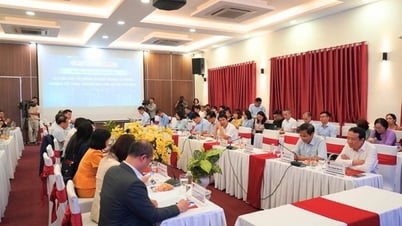

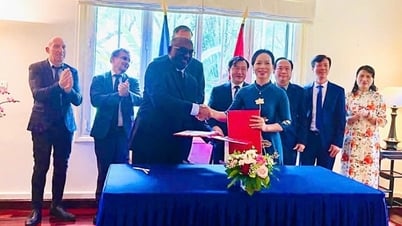
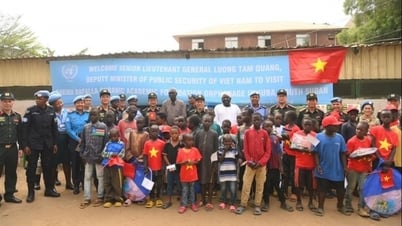
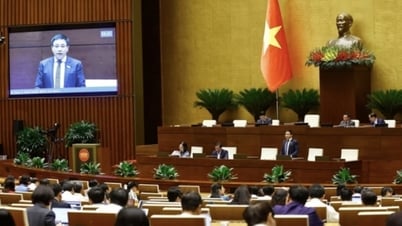









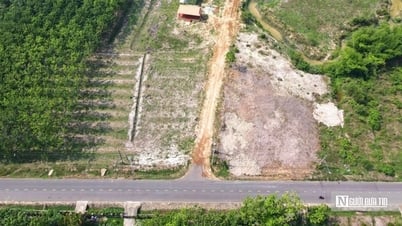
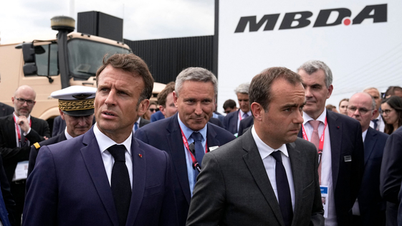





































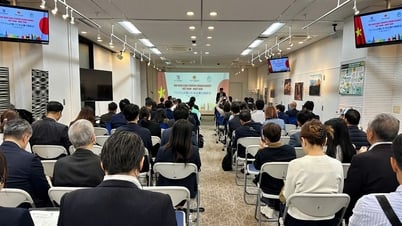



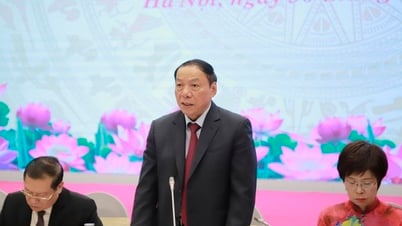

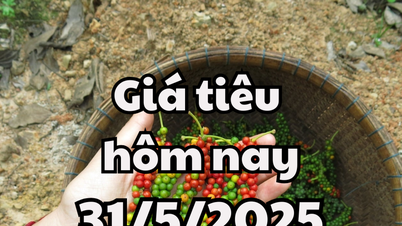

















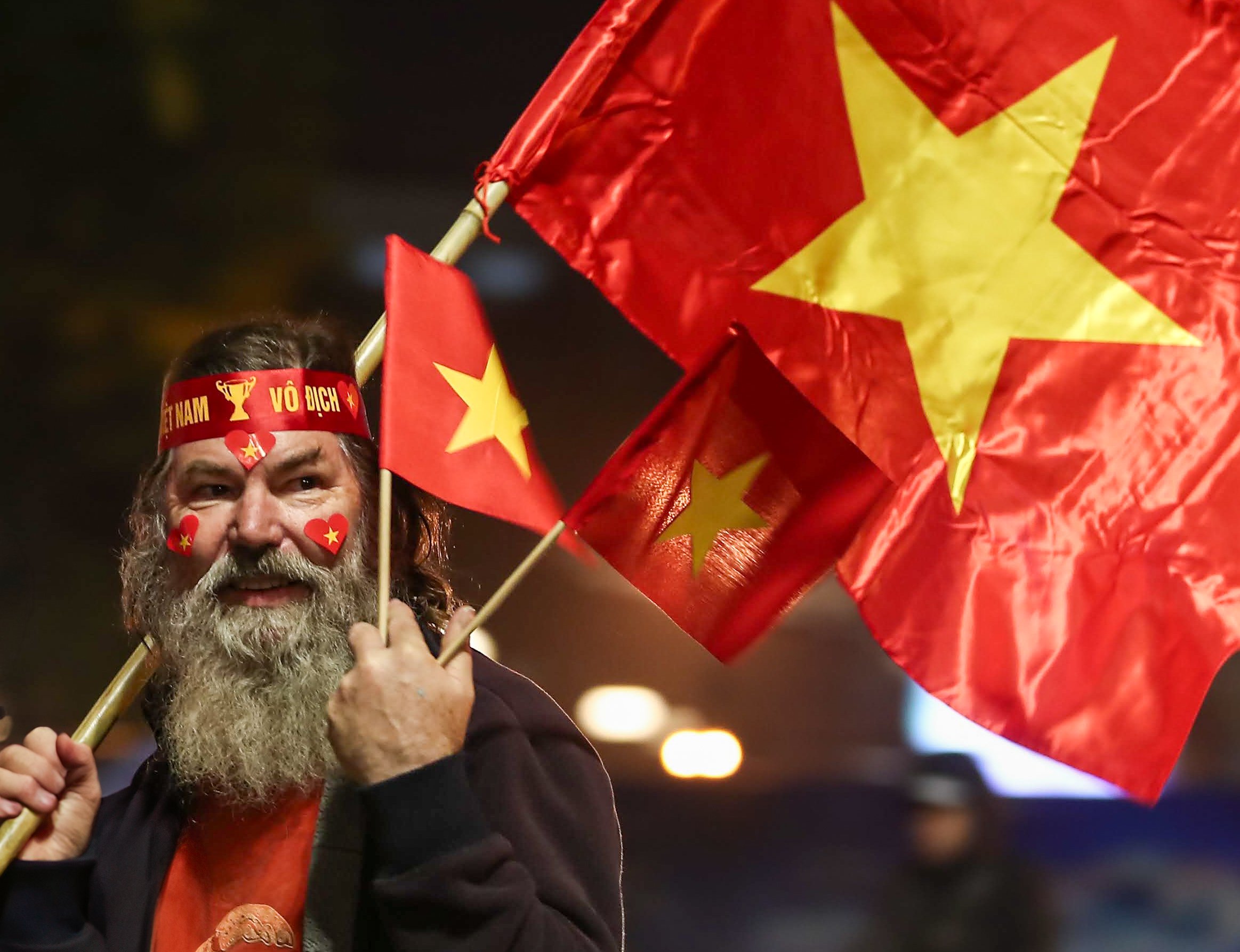



Comment (0)